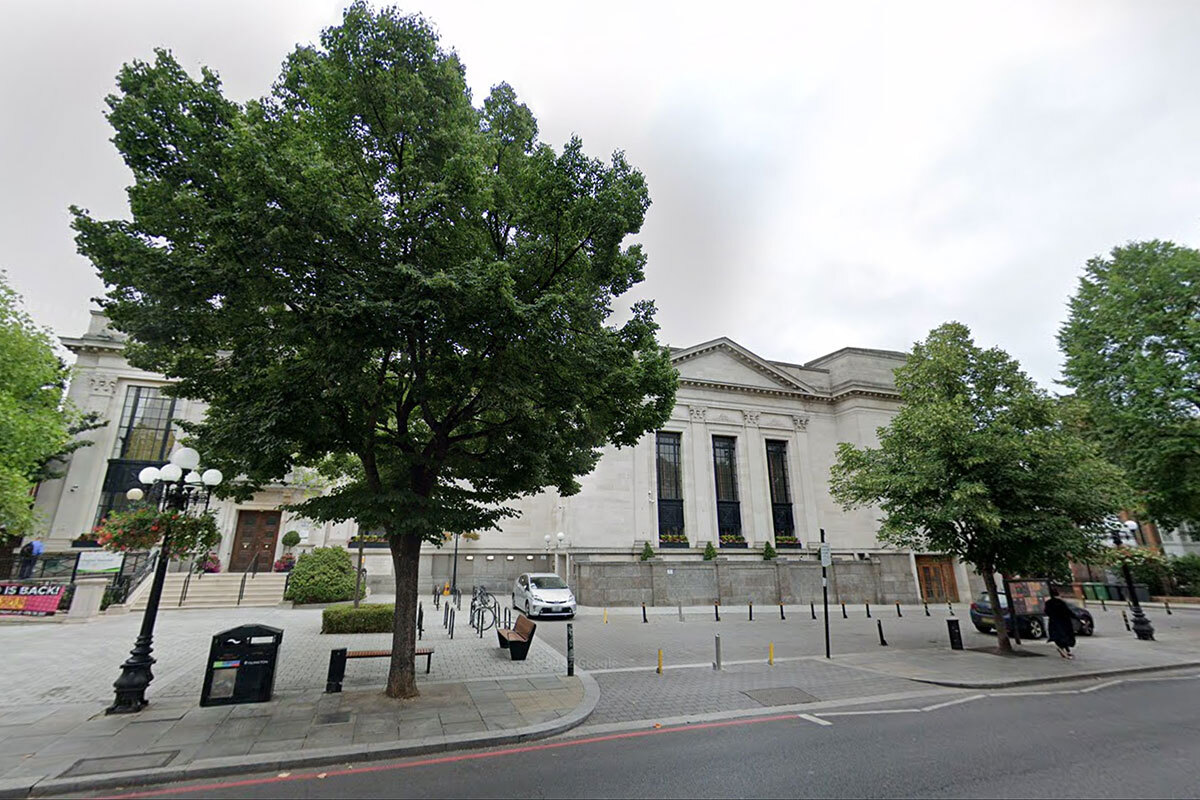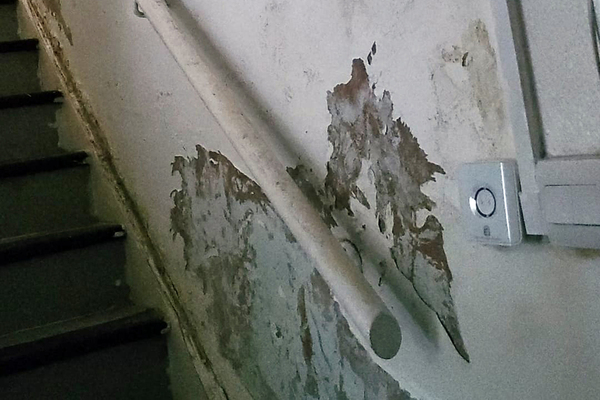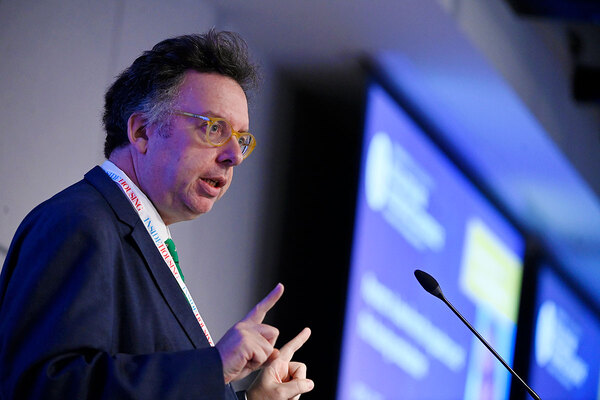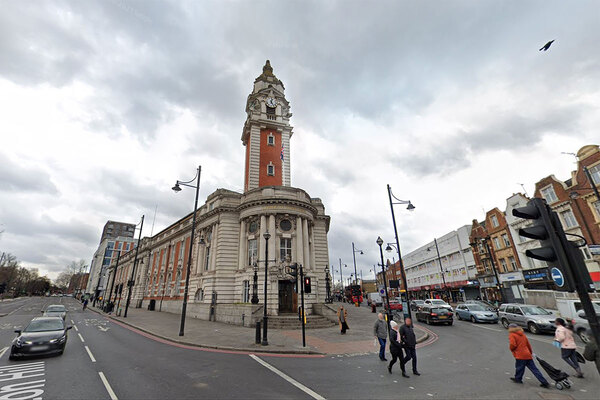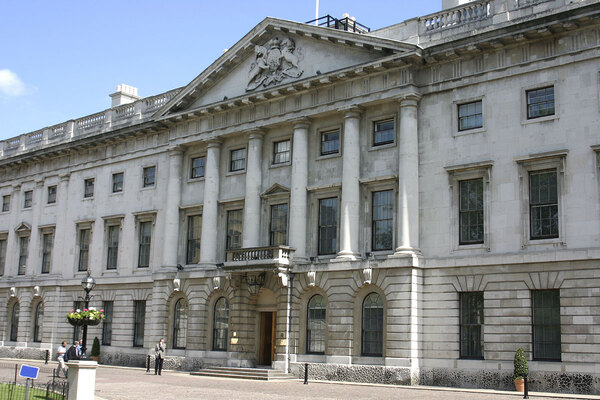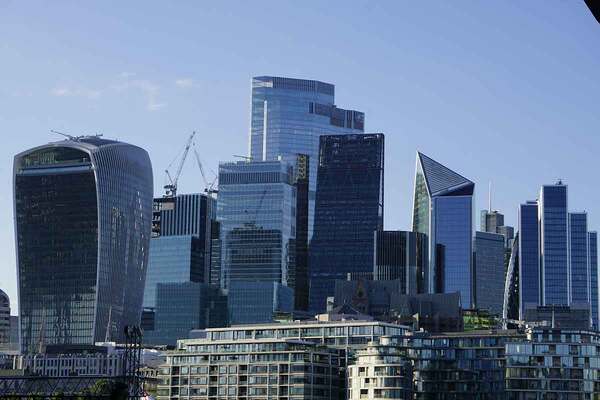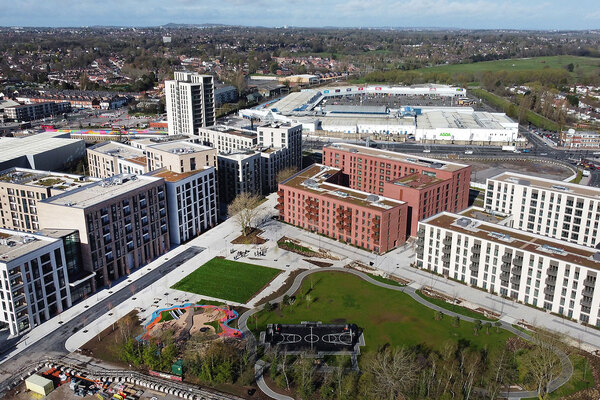You are viewing 1 of your 1 free articles
London council identifies £1.8bn shortfall in HRA over next 30 years
Islington Council has identified a £1.8bn shortfall in its Housing Revenue Account (HRA) over the course of its 30-year business plan, between what it believes is a “sound level of investment” and the resources it has available to it.
The council said that the shortfall, which was identified in the council’s business plan for 2024-25, is down to the social rent cut and cap implemented by government.
The gap in funding could lead to the percentage of non-decent Islington Council homes going from the current 5% to between 20% and 25% over the next 10 years.
The shortfall was included in a principal risk report going before Islington’s audit and risk committee on 8 July.
According to the business plan, building safety “will always” be the council’s priority for investment and “resources available should be sufficient to cover our legal obligations”.
It said: “The gap between what we have to invest and what we need will grow if further emerging pressures materialise.
“It will also mean that we are more likely to see components fail and are unable to address repairs in a timely way and not to meet some of our legal obligations.
“This approach, if pursued over the next 10 years, will result in greater, more noticeable deterioration in the quality of our stock due to components failing and homes failing to be wind and weather tight.”
In March, London Councils warned how London boroughs would collectively face a “black hole” in their social housing finances of up to £700m over the next four years, despite the “desperate” need to improve housing conditions and build new homes in the capital.
This comes amid soaring homelessness levels in Islington and across London. Last year, there were more than 2,000 people living in temporary accommodation in Islington, including more than 1,000 children.
An Islington Council spokesperson told Inside Housing: “The Department for Levelling Up, Housing and Communities introduced measures in recent years to reduce and cap the amount that renters pay, meaning the revenue that councils receive does not keep up with inflation.
“This inevitably means that Housing Revenue Accounts for councils across the country have seen a reduction in expected income, which reduces our ability to carry out important investment and maintenance work, including tackling damp and mould and keeping homes in good condition.”
“We will continue to lobby the government for a mechanism to recover this money so that we have the resources required to provide our tenants with decent, high-quality homes,” they added.
Responding to the report, a Local Government Association spokesperson said: “The current financial climate and national policy framework means that trade-offs need to be made between a wide set of competing priorities. The current self-financing council housing regime which has been in place since 2012 needs to urgently be reviewed.”
They continued: “A long-term sustainable funding framework for social housing is vital to ensure that councils have the ability to invest in and regenerate their housing stock, and to fulfil local and national ambitions of ensuring that everyone has access to a safe, secure and high-quality home.”
Last year, the conclusion of a special investigation into Islington Council by the Housing Ombudsman found “inertia”, poor record-keeping and a “consistent failure to communicate”.
The probe was launched in December 2022, with the ombudsman citing poor handling of damp and mould reports and resulting complaints.
Sign up for our Council Focus newsletter
Already have an account? Click here to manage your newsletters
